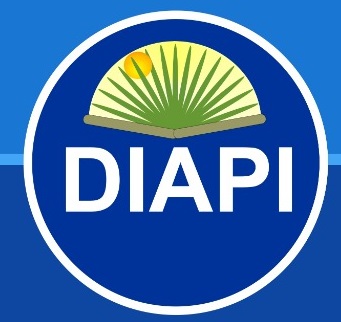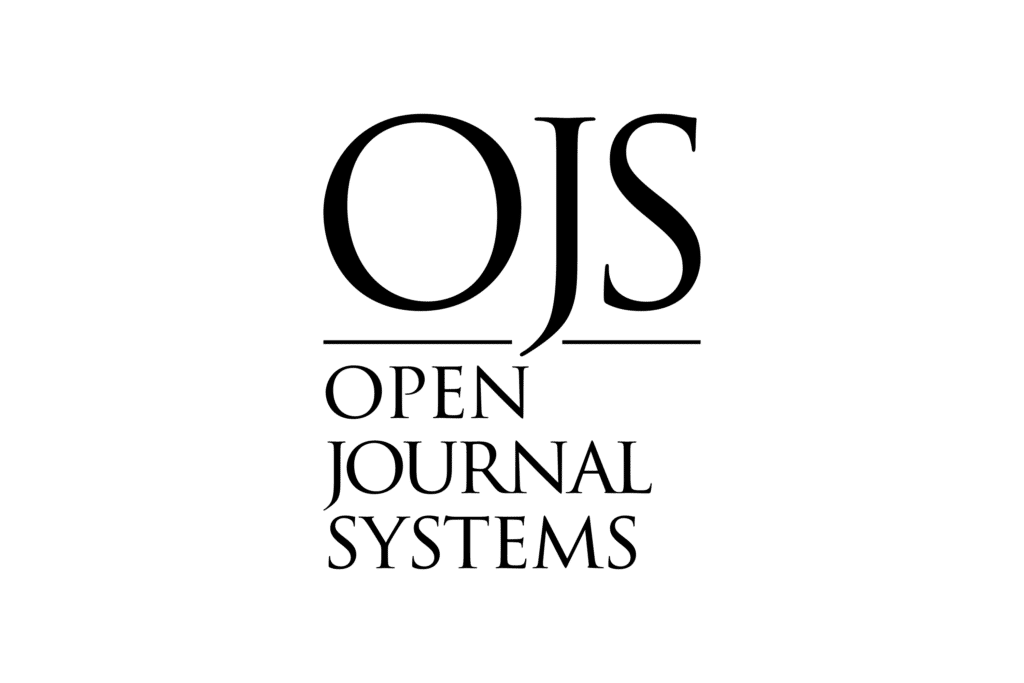NEW LEARNING CONTEXTS FROM THE TEACHER’S PERSPECTIVE
CHALLENGES AND OPPORTUNITIES IN THE USE OF EDUCATIONAL TECHNOLOGIES
DOI:
https://doi.org/10.52579/diapi.vol5.i1.a20154Keywords:
Ensino remoto, Desafios educacionais, Literacia digital, Formação contínua dos educadoresAbstract
The study is a literature review on the challenges and opportunities for teachers in using educational technologies during the Covid-19 pandemic period. This study aims to understand the specificities addressed in Brazilian scientific literature on the topic highlighted between January 2020 and December 2022. The search sites used were: Google Scholar and Scielo, with the following keywords: technologies in education, remote teaching, digital platforms and the Covid-19 pandemic. 76 titles were documented that deal with the use of educational technologies in the remote teaching-learning process. Of these, ten works were selected for data analysis and to integrate the study in question. According to records, scientific articles and studies published in event annals were developed by postgraduate students and education professionals. Chronologically, the year 2021 presents a significant concentration of published manuscripts when compared to other years. The Northeast region stands out with the largest number of studies carried out by researchers from the state of Paraíba. Furthermore, the work showed that the use of portable devices such as cell phones and notebooks enabled the exchange of knowledge through the Google Meet platform and the Whatsapp application. It is evident that the biggest challenge faced by teachers is the lack of training in using educational technologies masterfully. However, everyone recognizes that technological tools are valid opportunities that promote success in the field of knowledge. Based on the data analyzed, the bibliographic survey points to the need for more studies from this perspective. Therefore, it is expected that public pedagogical policies will be strengthened in this aspect, above all, by integrating, providing opportunities and overcoming challenges regarding the use of technological resources for teaching staff in teaching-learning processes.
Downloads
References
Espinoza et. al. Ensino Remoto Emergencial, Legislação e Direito à Educação no Brasil. Revista da Faculdade de Direito do Sul de Minas, Pouso Alegre, v. 39, n. 2, pp. 394-418, jul./dez. 2023.
Khan Ks, et. al. Systematic Reviews to Support Evidence-Based Medicine. How to Review and Apply findings of Health Care Research. Abington: RSM Press; 2003.
Lourenço de Sá et al. Ensino Remoto Em Tempos De Pandemia: Os desafios enfrentados pelos Professores. 2020.
Marques, Da Silva, Francisca Jorzana; PRADO, Júlio César Sousa. DESAFIOS NO ENSINO REMOTO NA EDUCAÇÃO DE EDUCANDOS DO CAMPO FRENTE À COVID-19. Revista Educação & Ensino-ISSN 2594-4444, v. 5, n. 2, 2021. https://periodicos.uniateneu.edu.br/index.php/revista-educacao-e-ensino/article/view/98/80
Maria, V. A. (2021). O ENSINO REMOTO E OS IMPACTOS DA COVID-19 NAS ESCOLAS DO CAMPO. Inventário, (28), 124–137. Recuperado de https://periodicos.ufba.br/index.php/inventario/article/view/44292
Marchiori et al. Avaliação docente em relação às novas tecnologias para a didática e atenção no ensino superior. Revista da Avaliação da Educação Superior. V. 16; p. 433-443, 2011.
Moran, José Manuel. Ensino e aprendizagem inovadores com tecnologias audiovisuais e telemáticas. In: Novas tecnologias e mediação pedagógica. Campinas, SP: Papirus, 2000. (Coleção Papirus Educação).
Moran, José Manuel. A educação que desejamos: Novos desafios e como chegar lá. 5ª ed. Campinas, SP: Papirus, 2012.
Oliveira, V. H. N. “O ANTES, O AGORA E O DEPOIS”: ALGUNS DESAFIOS PARA A EDUCAÇÃO BÁSICA FRENTE À PANDEMIA DE COVID-19. Boletim de Conjuntura (BOCA), Boa Vista, v. 3, n. 9, p. 19–25, 2020. DOI: 10.5281/zenodo.3984220. Disponível em: https://revista.ioles.com.br/boca/index.php/revista/article/view/73. Acesso em: 7 abr. 2024.
Santos et al. 2020; O uso das Ferramentas Digitais no Ensino Remoto Acadêmico: Desafios e Oportunidades na Perspectiva Docente. VII CONEDU-Congresso Nacional de Educação, Maceió AL.
Santos, A. G. M. Ferreira, Silvânia Feitosa. DIFICULDADES E DESAFIOS DURANTE O ENSINO REMOTO NA PANDEMIA: UM ESTUDO COM PROFESSORES DO MUNICÍPIO DE QUEIMADAS – PB. Revista Científica Semana Acadêmica. Fortaleza, ano MMXXI, Nº. 000207, 26/04/2021.
Disponível em: https://semanaacademica.org.br/artigo/dificuldades-e-desafios-durante-o-ensino-remoto-na-pandemia-um-estudo-com-professores-do. Acessado em: 07/04/2024.
Silva, M. DO S. P. DA; Cunha, A. L. M. Ensino remoto para quem? Os camponeses no (des)contexto das políticas de inclusão digital. Revista da FAEEBA - Educação e Contemporaneidade, v. 31, n. 65, p. 88-105, 15 fev. 2022.
Silva, José Jucelio Da et al. A influência das tecnologias no ambiente escolar como recurso potencializador da aprendizagem. Anais VII CONEDU - Edição Online... Campina Grande: Realize Editora, 2020a. Disponível em: <https://editorarealize.com.br/index.php/artigo/visualizar/67739>. Acesso em: 22/01/2024.
Silva, Renata Santos et al. Uso de tic’s no ensino remoto emergencial: um estudo de caso da emef severino ramos da nóbrega. Anais VII CONEDU - Edição Online... Campina Grande: Realize Editora, 2020b. Disponível em: <https://editorarealize.com.br/artigo/visualizar/69680>. Acesso em: 22/01/2024.
Silva, R. R. V., Barbosa, R. E. C., Silva, N. S. S. e., Pinho, L. de., Ferreira, T. B., Moreira, B. B., Brito, M. F. S. F., & Haikal, D. S. (2021). Pandemia da COVID-19: insatisfação com o trabalho entre professores(as) do estado de Minas Gerais, Brasil. Ciência & Saúde Coletiva, 26(12), 6117–6128. https://doi.org/10.1590/1413-812320212612.10622021.
Silva, J. J; Gonçalves Pessoa, A. A influência das tecnologias no ambiente escolar como recurso potencializador da aprendizagem. VII CONEDU-Congresso Nacional de Educação, Maceió AL. 2020c.
Downloads
Published
How to Cite
Issue
Section
License
Copyright (c) 2024 Suely Ferreira Sá Teles, Késsia Virgínia dos Santos Lima

This work is licensed under a Creative Commons Attribution-ShareAlike 4.0 International License.
Direitos Autorais
A submissão de originais para a Diálogos e Perspectivas Interventivas (DIAPI) implica na transferência, pelas(os) autoras(es), dos direitos de publicação. Os direitos autorais para os manuscritos publicados nesta revista são das(os) autoras(es), com direitos da DIAPI sobre a primeira publicação. As(os) autoras(es) somente poderão utilizar os mesmos resultados em outras publicações indicando explicitamente a DIAPI como o meio da publicação original.
Licença Creative Commons
Exceto onde especificado diferentemente, aplicam-se à matéria publicada nesta revista científica os termos da licença Creative Commons Attribution-ShareAlike 4.0 International License, que permite o uso irrestrito, a distribuição e a reprodução em qualquer meio desde que a publicação original seja corretamente citada.













 Esta obra está licenciada com uma Licença
Esta obra está licenciada com uma Licença 